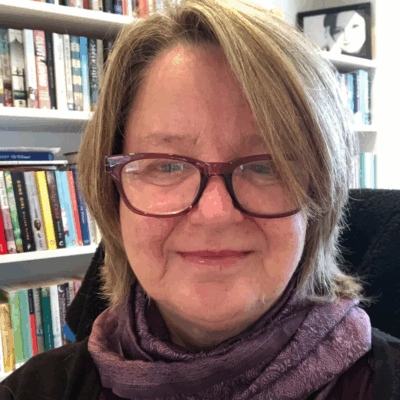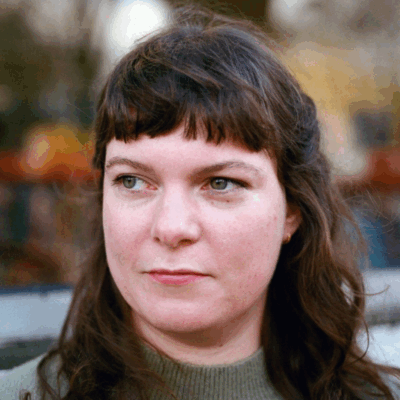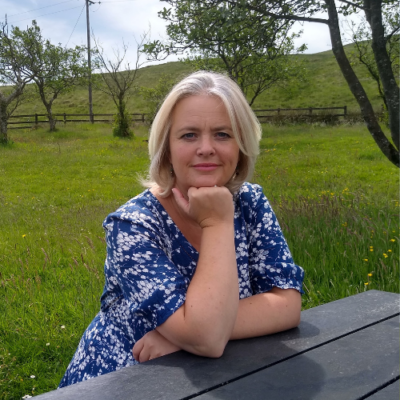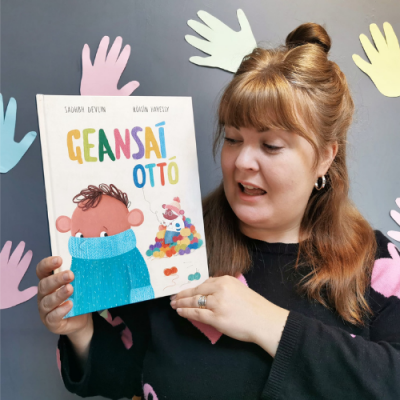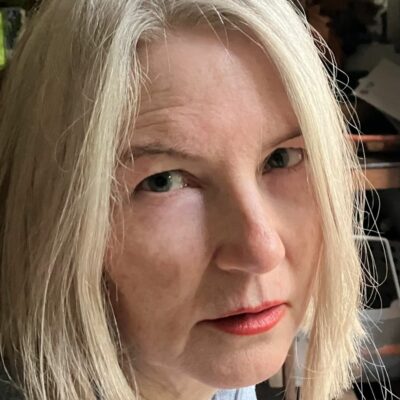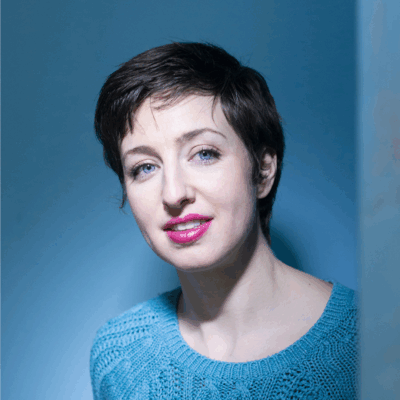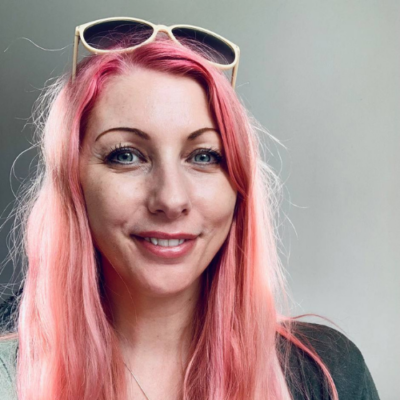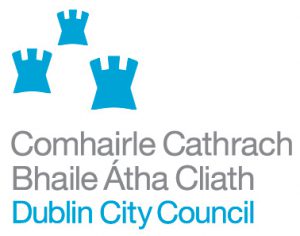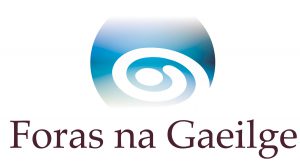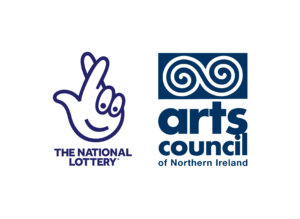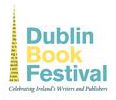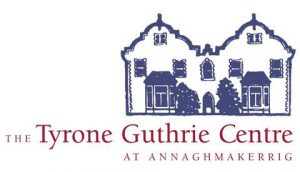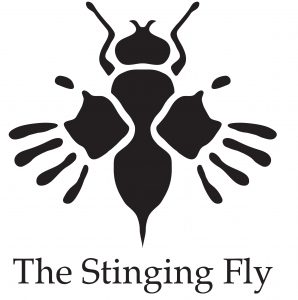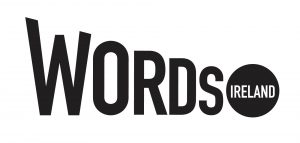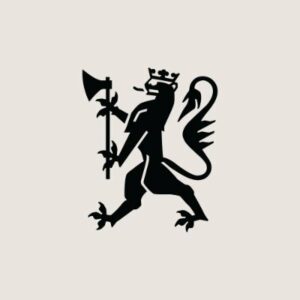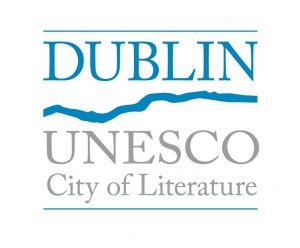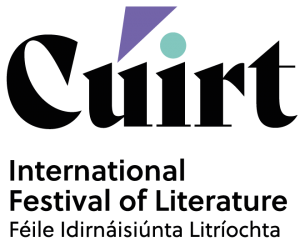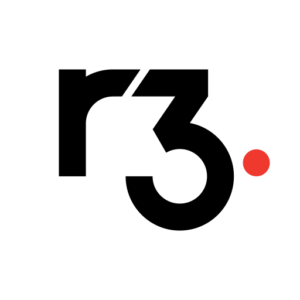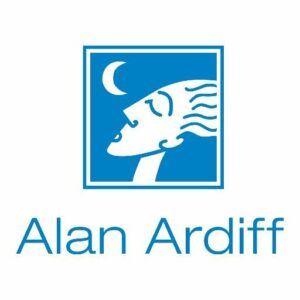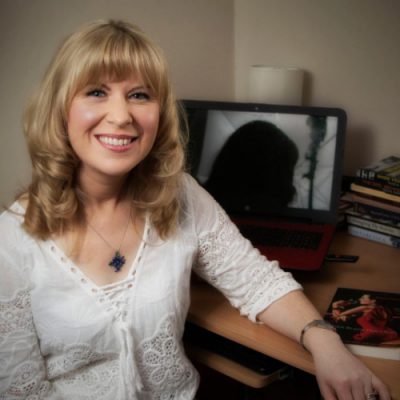
Fact or Fiction: Using Personal Experiences to Tell Stories with Tanya Farrelly
Info
Date: September 21, 2022
Time: 2.00pm - 4.00pm
Duration: 6 weeks
Level: Beginner |
Cost: €165 (€150 Members)
Online/In Person: Online
All Irish Writers Centre remote courses take place on Irish Standard Time
Course Summary:
In this workshop attendees will explore how to use real life experiences to write stories and personal essays. Most great fictional stories are inspired by truth, whether that is something that has happened to the writer or somebody they know, or a simpler truth such as a familiar location or a conversation remembered. The personal essay takes a more direct approach and is popular for its confessional tone. In this course, we will experiment with both forms so that participants will come away with a better idea of whether they prefer to write factual essays or to incorporate their truths into fiction.
Course Outline:
We will begin our course by discussing the differences between writing personal essays and using real incidents as a kicking off point for writing fiction. Participants will read sample stories by the course facilitator, which she will then discuss and answer questions about, thereby giving an insight into the practice. Participants will then try their hand at producing a short story inspired by some truth that they have experienced. We will talk about the importance of asking “What If” – for ex: what if my real situation had had a different outcome – would this work better in a fictional account? The answer is probably yes as a story is more than simply an incident.
We will move from the short story to writing personal essays. Creative non-fiction essayists use many of the techniques of the fiction writer to draw readers into their stories. We will look at these techniques such as visual writing, use of the senses, and minute detail in works such as Handiwork by Sara Baume and A Ghost in the Throat by Doireann Ní Ghríofa. We will look at the element of surprise that can occur in the essays Small Rooms in Time by Ted Kooser and The Fourth State of Matter by Jo Ann Beard. We will also see how the two forms can seem to merge in Visitor by Michael Cox.
Course Outcomes:
By the end of the course participants will have completed set writing exercises to hone their skills in both the areas of fiction and creative non-fiction writing. Through a mix of teaching, practise and production, they will have gained an understanding of how both genres work and which they are more drawn to. Each participant will also have completed one short story and one personal essay, which we will critique in class.
Tanya Farrelly is the author of four books: two short fiction collections: When Black Dogs Sing (Kate O’ Brien Award 2017) and Nobody Needs To Know. (Arlen House, 2021), and two psychological thrillers: The Girl Behind the Lens and When Your Eyes Close (Harper Collins) She holds a PhD in Creative and Critical Writing from Bangor University, Wales and was appointed Writer-in-Residence at NUI Galway in 2021. Tanya is a recipient of an Arts Council Agility Award and is currently working on a new historical fiction novel.

